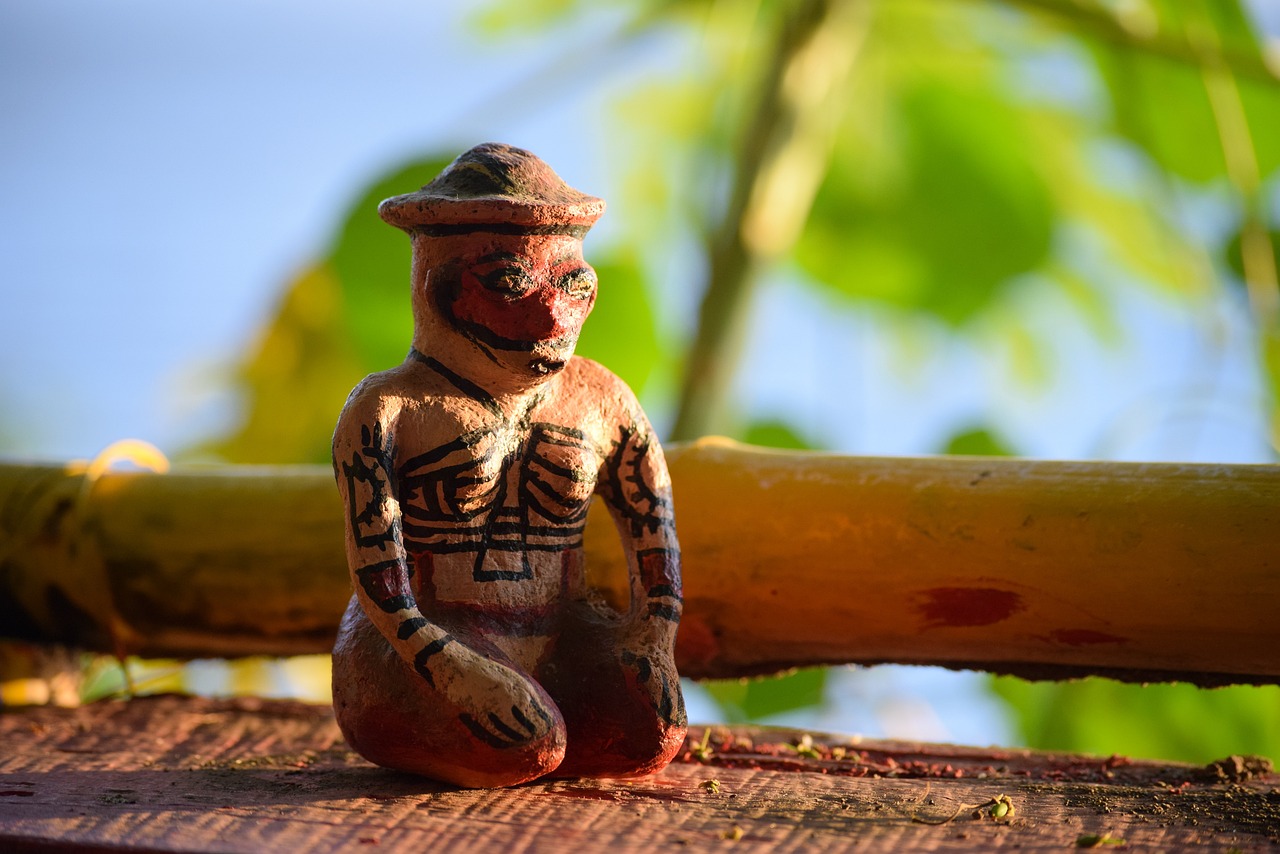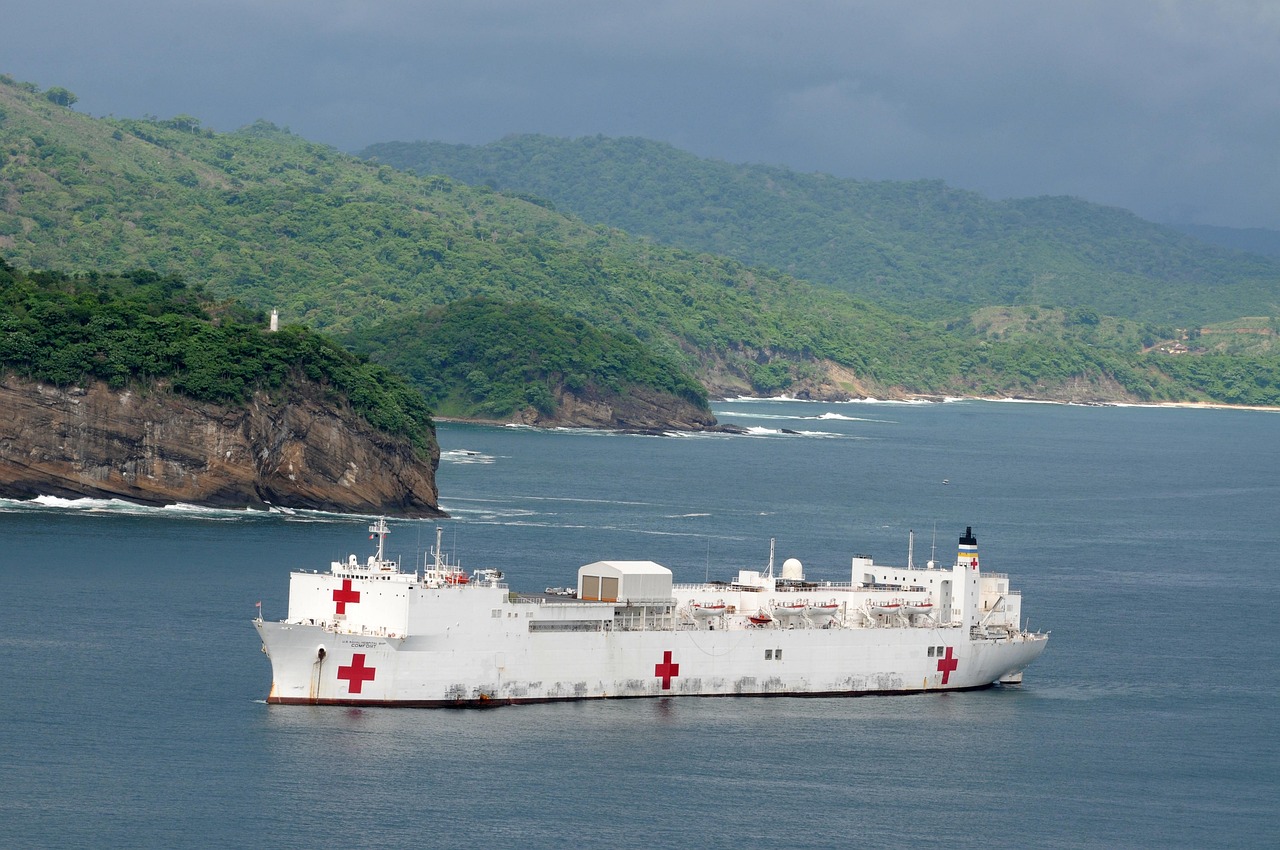Nicaragua Video
Managing Finances and Payments while Working in Nicaragua
Introduction
Working in Nicaragua can be an exciting and rewarding experience. However, it’s essential to understand how to manage your finances and payments effectively to ensure a smooth and stress-free experience. This article will provide you with detailed information on various aspects of managing finances and payments while working in Nicaragua.
Local Currency and Exchange Rates
When working in Nicaragua, the local currency is the Nicaraguan Córdoba (NIO). It’s advisable to familiarize yourself with the current exchange rates to ensure you receive fair value for your money. Exchange rates can vary, so it’s recommended to check with local banks or reputable currency exchange offices for the most accurate rates.
- Monitor the exchange rates: Keep an eye on the exchange rates to understand the value of your home currency in relation to the Nicaraguan Córdoba.
- Choose reputable exchange services: Use trusted banks or authorized currency exchange services to avoid scams or receiving counterfeit money.
- Consider currency conversion fees: Some exchange services may charge fees for converting currencies. Compare rates and fees to find the most favorable options.
- Withdraw cash from ATMs: ATMs are widely available in Nicaragua, but be cautious of possible withdrawal fees and inform your home bank about your travel plans to avoid any issues with your account.
Banking Services
Having a local bank account can simplify your financial transactions while working in Nicaragua. Understanding the available banking services and requirements will help you manage your finances efficiently.
- Choose a reputable bank: Research and select a well-established bank with a reliable network of branches and ATMs.
- Opening a bank account: Visit the chosen bank with the required documents, such as your passport, work permit, and proof of address, to open a local bank account.
- Online banking: Many banks offer online banking services, allowing you to manage your finances conveniently from anywhere.
- Mobile banking: Some banks have mobile banking apps, enabling you to perform transactions and monitor your account using your smartphone.
- ATM withdrawals: Nicaraguan banks charge a fee for ATM withdrawals, so consider withdrawing larger amounts to minimize transaction costs.
Credit and Debit Cards
Using credit and debit cards in Nicaragua can provide convenience and security for your transactions. However, it’s important to be aware of potential fees and acceptance limitations.
- Accepted cards: Major credit cards like Visa and Mastercard are generally accepted in larger establishments, hotels, and restaurants. Debit cards with international networks, such as Cirrus or Plus, are also commonly accepted.
- Notify your bank: Inform your bank about your travel plans to Nicaragua to avoid any unexpected card blocks due to suspicious activity.
- ATM fees: Be aware that using your credit or debit card to withdraw cash from ATMs may incur fees, so check with your bank about the charges.
- Currency conversion fees: When using your card for purchases, some banks may charge additional fees for currency conversion. Compare rates and fees to find the most favorable options.
- Keep your cards safe: Protect your cards from theft or loss by keeping them in a secure place and regularly monitoring your transactions.
Payment Apps and Online Services
In recent years, digital payment apps and online services have gained popularity in Nicaragua, providing alternative and convenient ways to manage your finances.
- PayPal: PayPal is widely accepted in Nicaragua, allowing you to make online purchases and send money securely.
- Local payment apps: Local payment apps like Tigo Money and Movistar Money are available, enabling you to pay bills, transfer money, and make mobile payments.
- Online banking transfers: Many Nicaraguan banks offer online banking transfers, allowing you to send money to other bank accounts within the country.
Tax Obligations
Understanding your tax obligations as a foreign worker in Nicaragua is crucial to avoid legal issues and ensure compliance with local regulations.
- Consult a tax professional: Seek advice from a local tax professional or accountant to understand your specific tax obligations and ensure accurate reporting.
- Keep records: Maintain detailed records of your income, expenses, and any relevant tax documents to support your tax filings.
- Familiarize with tax laws: Learn about Nicaragua’s tax laws and regulations to ensure compliance and avoid any penalties or fines.
- File tax returns on time: Be aware of the tax filing deadlines and submit your returns promptly to avoid any issues with the tax authorities.
Insurance Coverage
Having appropriate insurance coverage while working in Nicaragua can protect you from unexpected medical expenses or other emergencies.
- Health insurance: Ensure you have comprehensive health insurance that covers medical expenses, hospitalization, and emergency evacuation if necessary.
- Travel insurance: Consider obtaining travel insurance that includes coverage for trip cancellation, lost baggage, and personal liability.
- Vehicle insurance: If you own or rent a vehicle in Nicaragua, make sure you have valid insurance coverage to protect against accidents or theft.
Cost of Living
Understanding the cost of living in Nicaragua is crucial for effective financial management. It helps you plan your budget and make informed decisions about your expenses.
- Housing: Rent prices vary depending on the location and type of accommodation. Research the rental market to find affordable options that suit your needs.
- Transportation: Public transportation, such as buses and taxis, is generally inexpensive in Nicaragua. Consider using these options to save on transportation costs.
- Groceries: Local markets and supermarkets offer a range of affordable food options. Cooking at home can be a cost-effective way to manage your food expenses.
- Entertainment and leisure: Nicaragua offers various affordable leisure activities, such as visiting national parks, exploring beaches, and enjoying local cuisine.
Income and Expense Management
Effectively managing your income and expenses is essential for maintaining financial stability while working in Nicaragua.
- Create a budget: Develop a monthly budget that includes all your income sources and anticipated expenses. Regularly review and adjust it as necessary.
- Savings: Allocate a portion of your income towards savings to build an emergency fund or save for future goals.
- Track your expenses: Keep a record of your expenses to identify areas where you can cut costs and make adjustments to your spending habits.
- Avoid unnecessary debt: Use credit responsibly and avoid accumulating unnecessary debt that can strain your finances.
Investment Opportunities
While working in Nicaragua, you may consider exploring investment opportunities to grow your wealth and secure your financial future.
- Research investment options: Research various investment opportunities available in Nicaragua, such as real estate, stocks, or starting a business.
- Consult financial advisors: Seek advice from local financial advisors who can provide insights into the local investment landscape and help you make informed decisions.
- Diversify your investments: Spread your investments across different asset classes to reduce risks and maximize potential returns.
Conclusion
Managing finances and payments while working in Nicaragua requires careful planning and understanding of the local financial landscape. By familiarizing yourself with the local currency, banking services, payment options, tax obligations, and cost of living, you can effectively manage your finances and make the most of your experience in Nicaragua. Remember to consult professionals and continuously evaluate and adjust your financial strategies to ensure long-term financial stability.
Nicaragua Image 1:

Nicaragua Image 2:

Nicaragua Image 3:

References
- bankofamerica.com
- visa.com
- mastercard.us
- paypal.com
- worldbank.org
- cia.gov
- taxsummaries.pwc.com
- healthcare.gov
- investopedia.com

